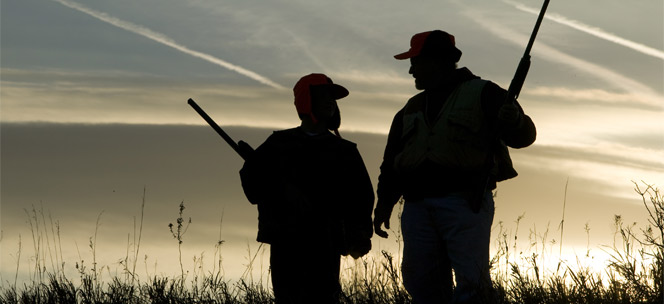Taxpayers have a right to see the costs of Ottawa’s gun ban and confiscation

If you walk into a car dealership to ask about the price of the car out front and answer is “probably tens-of-thousands of dollars,” it’s unlikely you are going to buy that car.
Consumers need the full information on the price of something before they can decide if it’s a good decision. The same goes for taxpayers and proposed government programs.
Since 2020, the federal government has banned more than 2,500 makes and models of firearms owned by licensed Canadians. Now, the federal government is pushing ahead with its gun confiscation scheme for individual firearms owners. Starting with a six-week pilot project in Cape Breton, Nova Scotia.
But the federal government has been anything but clear on the full price of its gun ban and confiscation scheme.
The Canadian Taxpayers Federation filed an access-to-information request with the RCMP for all projected costs to confiscate firearms in July 2023. The government answered this request in January 2024.
The request showed a letter from the Pacific Region RCMP showing that it would cost $12.6 million to confiscate and destroy banned firearms in that region.
But the government refused to provide documents with cost estimates from other RCMP divisions.
The CTF then made a complaint to the information commissioner, the independent official whose job it is to make sure the government is being transparent, in April 2024. Now more than a year later, the complaint has essentially gone nowhere, multiple investigators have been assigned, but we still have no idea on when we will actually get an answer from the commissioner.
To go back to the car dealership, imagine asking about the price of a car and getting the answer: “I’ll think about telling you in two to three years.” That still isn’t helpful to decide whether to buy the car.
That’s why it’s so important that taxpayers have timely and easy access to information on how much the government thinks programs like the gun confiscation will cost.
Access-to-information has been found to be quasi-constitutional, as access to government information is a necessary component for the meaningful exercise of freedom of expression. Without timely access to these types of documents, taxpayers are having their ability to exercise their fundamental freedom of expression limited by the government.
This problem is compounded because estimates the government have produced on the program so far have been wide ranging, lacking detail and not at all helpful for taxpayers trying to decide if the cost is worth it.
Originally the government said the confiscation would cost $200 million in 2019. Then the Parliamentary Budget Officer said it will cost up to $756 million compensate owners for their firearms without even considering administration costs. Other experts have put the final price tag at about $6 billion.
The stats and the experts say the confiscation isn’t worth it.
The union representing RCMP members says Ottawa’s program “diverts extremely important personnel, resources, and funding away from addressing the more immediate and growing threat of criminal use of illegal firearms.”
“It won’t impact crime rates,” said Mount Royal University professor Doug King. “Individuals who have registered firearms are much less likely to commit criminal offences than people who don’t have firearms.”
That makes it even more important for taxpayers to know the full price of the scheme.
That’s why the CTF is going to court to compel the information commissioner to do its job and issue a decision on the CTF’s complaint and release the information.
Ottawa should not be hiding the full picture of costs from taxpayers for any program and this court fight will enforce the transparency taxpayers deserve.